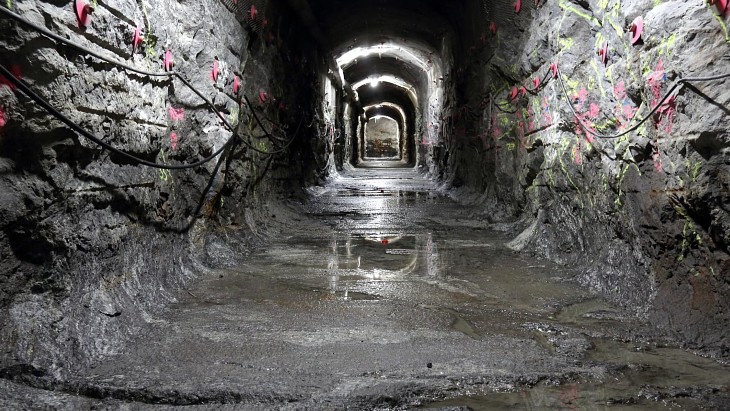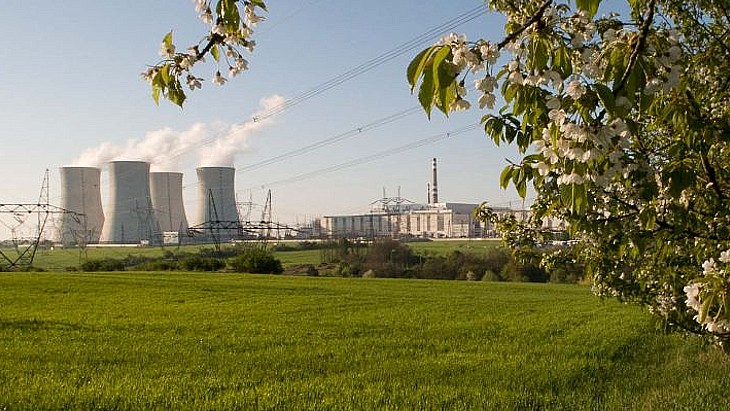The UK's renewable energy targets could prove both costly and risky, and nuclear energy is the most reliable viable low-carbon alternative, according to the House of Lords Economic Affairs Committee.
The committee's report - entitled The Economics of Renewable Energy - acknowledges government commitments to increase renewable energy use, but is sceptical as to whether the target of 15% renewables for the UK by 2020, proposed by the European Union (EU), can be met. It also warns that an over-reliance on intermittment power generation options, such as wind energy, could prove both costly and risky in terms of security of supply.
Scope for significant increases in hydroelectricity, domestically produced biomass and solar energy - the most reliable renewable sources - is limited in the UK, the report notes. This leaves wind turbines, which only operate when the wind is blowing, as the chief way in which the country's renewable share can be increased. The committee warns that meeting the government's own targets is likely to result in a dependence on intermittent renewables for electricity generation at a level unprecedented in Europe. "Wind generation should be viewed largely as additional capacity to that which will need to be provided, in any event, by more reliable means," the report finds, noting that it should be seen as supplementary to, rather than a substitute for, the coal and nuclear plants that are due to be replaced by 2020.
What is more, renewables will not be cheap, the report finds, with the evidence suggesting that the full costs of wind energy, although declining over time, remain significantly higher than those of conventional or nuclear generation. Under current policies, renewables would need to grow from their current 5-6% to 30-40% to meet the 2020 targets. The higher costs associated with renewable generation, in comparison to conventional or nuclear, would raise electricity generation and transmission costs by £6.8 billion ($10.5 billion) per year, a 38% increase that would have to be met by UK consumers.
The cost of nuclear power is little affected by the oil price or by the cost of carbon, by virtue of nuclear plants' very low emissions, the report noted, and found that "all the cost estimates" showed nuclear to be cheaper than renewable energy. "We cannot consider renewable energy in isolation from the rest of the UK energy system and we support measures to include nuclear plants as an essential element of the UK's energy mix," the report stated.
Committee chairman Lord Vallance, commenting on the report, said that although the government must take steps to reduce carbon emissions, the dash to meet the 2020 targets risked drawing attention and investment away from cheaper and more reliable low carbon generation such as nuclear and potentially fossil fuels with carbon capture and storage. "The government should not allow its pursuit of the immediate 2020 target to take its eye off the longer term", he warned.
The UK's Climate Change Act, which sets legally binding targets for greenhouse gas emission reductions including a carbon dioxide reduction of at least 26% by 2020, against a 1990 baseline, became law on 26 November.






_53514_33880.jpg)






